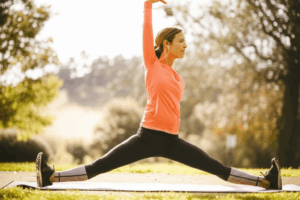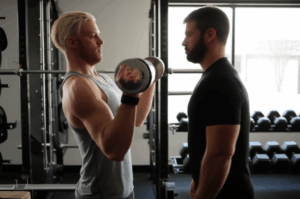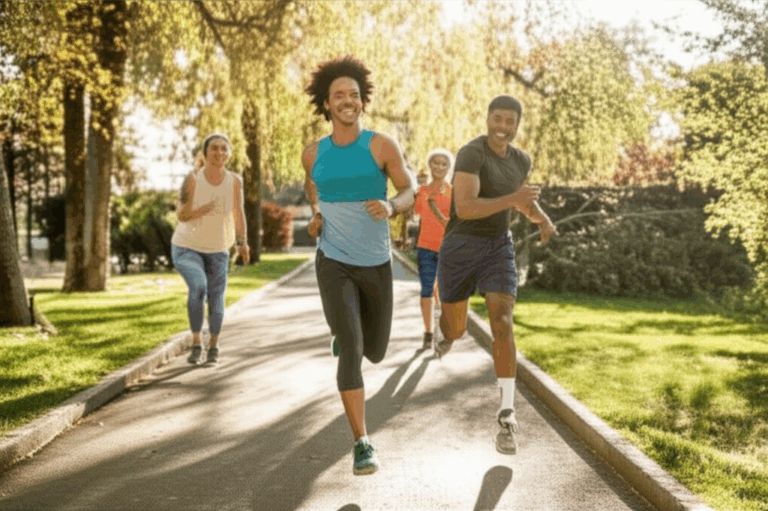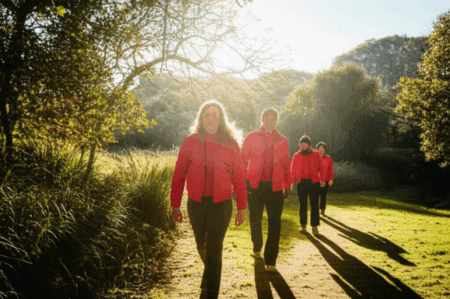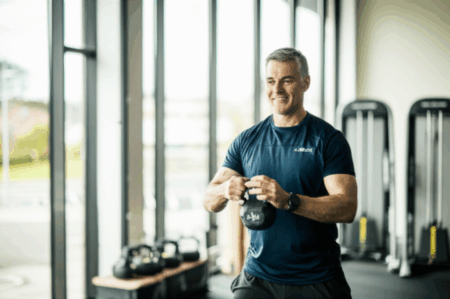Finding the motivation to exercise regularly can be a significant hurdle for many, but what if the key lies not just in willpower, but in understanding your own personality? A groundbreaking new study published in Frontiers in Psychology suggests that tailoring your fitness routine to your unique personality traits could be the secret to greater enjoyment, consistent adherence, and even enhanced stress reduction. This research from University College London (UCL) provides compelling evidence that our inherent dispositions significantly influence which forms of exercise we prefer and are most likely to stick with long-term.
The study highlights that aligning your workout with your personality type can make exercise feel less like a chore and more like a rewarding experience. Dr. Flaminia Ronca, first author of the study, emphasized that understanding how personality influences engagement with exercise is crucial for developing effective interventions to promote lasting healthy behaviors.
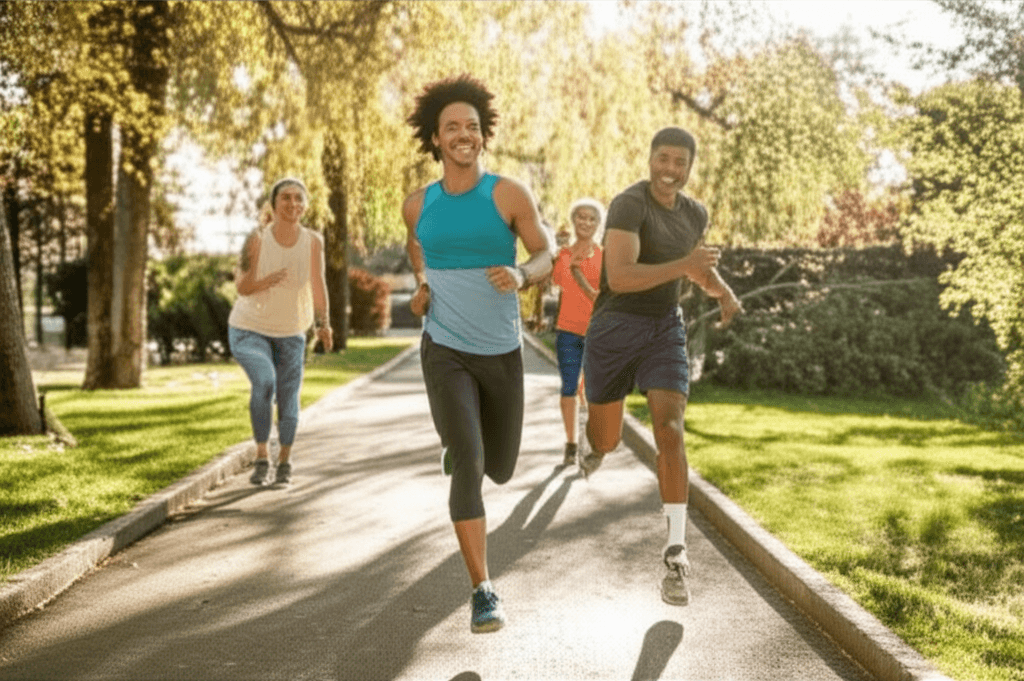
The Big Five Personality Traits and Their Fitness Link
The UCL study, involving 132 volunteers from the general public, utilized the widely accepted “Big Five” personality model to assess participants’ traits: Extroversion, Agreeableness, Conscientiousness, Neuroticism, and Openness. Researchers then observed how these traits correlated with exercise enjoyment, commitment to a prescribed program, and subsequent fitness improvements. While all participants who completed the eight-week cycling and strength training program showed improved fitness regardless of personality, distinct patterns emerged regarding exercise preferences and benefits.
Extroversion: Thriving in High-Energy, Social Settings
Individuals who score high on Extroversion, characterized by being energetic, outgoing, and sociable, tend to gravitate towards high-intensity, interactive workouts.
- Preferred Activities: Extroverts particularly enjoyed high-intensity interval training (HIIT), maximum intensity cycling tests, and group fitness classes. They thrive on the energy of others and often seek competition. Team sports, spin classes, and boot camps are also ideal choices.
- Key Insight: For extroverts, exercise is often an active social outlet, a chance to feed off collective energy and push their limits in a stimulating environment.
Neuroticism: Finding Calm in Short Bursts and Privacy
Those with a strong Neuroticism trait, often prone to worrying, anxiety, or insecurity, showed a preference for different types of exercise and experienced unique benefits.
- Preferred Activities: Neurotic individuals preferred short bursts of activity rather than prolonged effort and often favored private workouts where they weren’t monitored, such as exercising at home. They also showed less enjoyment for sustained, low-intensity sessions.
- Key Insight: Crucially, this group experienced the most significant reduction in stress levels after participating in the exercise intervention. This suggests that exercise can be a powerful tool for managing stress for those with neurotic tendencies, especially when the routine aligns with their preference for shorter, private sessions.
Conscientiousness: Driven by Goals, Less by Enjoyment
Conscientious individuals, known for being organized, disciplined, and goal-oriented, exhibited a generally higher baseline fitness level and were more physically active.
- Preferred Activities: While conscientiousness predicted a well-rounded fitness level and consistent engagement, it did not predict a higher enjoyment of any specific form of exercise.
- Key Insight: Researchers suggest that conscientious individuals are often motivated more by the health-related outcomes and inherent benefits of physical activity rather than the immediate enjoyment of the activity itself. Their adherence is driven by the understanding that exercise is “good for them.”
Agreeableness: Preferring Steady, Low-Intensity Workouts
People scoring high in Agreeableness, characterized by cooperation and compassion, showed a preference for lower-intensity exercise.
- Preferred Activities: This group tended to enjoy “easy long” cycling rides.
- Key Insight: Agreeable individuals may find satisfaction in consistent, less strenuous activities, possibly aligning with a desire for harmony and less confrontational or competitive environments.
Openness: Open to Exploration, Less to Intensity
Individuals with high Openness, indicative of being imaginative, curious, and open to new experiences, had interesting preferences.
- Preferred Activities: While openness didn’t strongly predict enjoyment of specific intensities, those high in this trait were less likely to enjoy high-intensity interval training (HIIT) or threshold cycling sessions. However, they were more likely to complete follow-up testing, suggesting an openness to new experiences in general.
- Key Insight: People high in openness might be more willing to experiment with varied workout styles, such as dance, hiking, or new fitness trends, rather than being wedded to intense, repetitive routines.
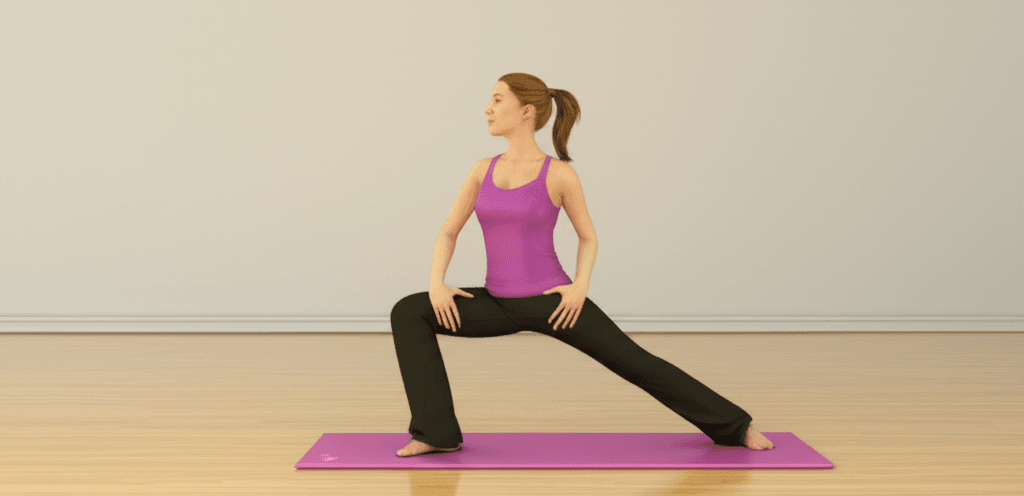
Tailoring Your Fitness Journey for Long-Term Success
The overarching message from this study is clear: personalizing your exercise routine based on your personality can significantly improve your chances of sustained physical activity and overall well-being.
Practical Steps to Personalize Your Routine:
- Understand Your Traits: Reflect on your dominant personality traits using the Big Five model as a guide. Are you energized by social interaction or do you prefer solitude? Do you thrive on intense challenges or prefer a gentler pace?
- Experiment with Activities: Based on the insights from the study, try different types of exercise that align with your personality. If you’re an extrovert, consider group classes or team sports. If neuroticism is a strong trait, explore private, home-based workouts with built-in breaks.
- Focus on Enjoyment: The study reinforces that enjoyment is a critical factor in long-term exercise adherence. If you genuinely enjoy an activity, you are far more likely to stick with it than if you force yourself through workouts you dislike.
- Embrace the Mental Benefits: For those high in neuroticism, remember that exercise offers significant stress reduction. Recognizing this mental health benefit can provide an additional layer of motivation.
- Be Flexible: While personality provides a strong guide, it’s not a rigid rulebook. Individual preferences can vary, and it’s essential to listen to your body and how different workouts make you feel.
Ultimately, this research provides valuable insights for both individuals seeking to improve their fitness consistency and for professionals designing personalized physical activity programs. By acknowledging the profound link between personality and exercise preferences, we can move closer to a world where more people find lasting enjoyment and health benefits through movement.

